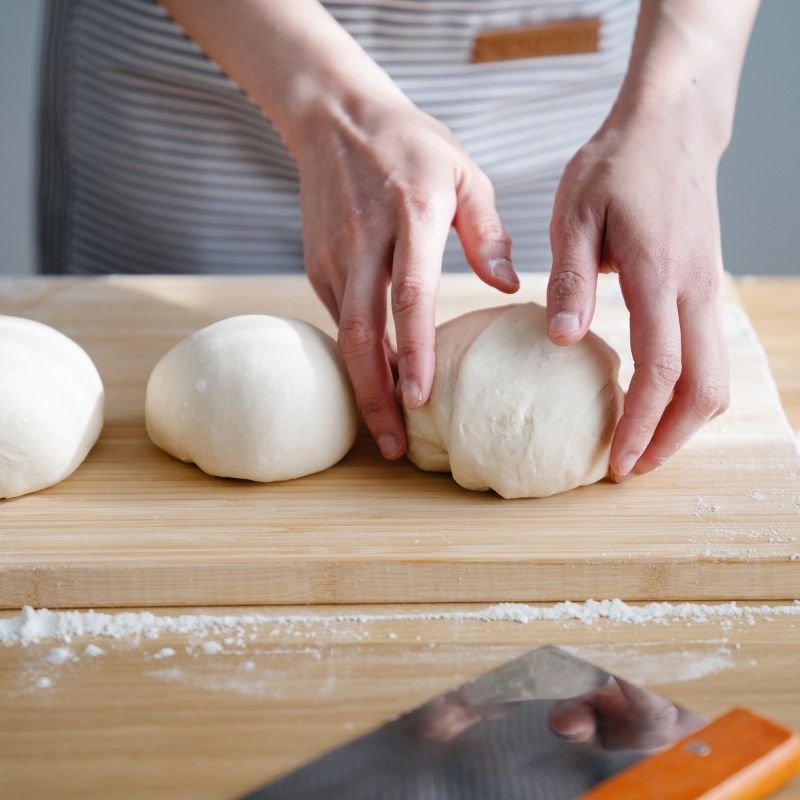
10 Healthy Flour Alternatives
As we bake our way through the changes in the world, many of us are looking for suitable flour substitutions. Maybe you're dealing with dietary restrictions or food allergies, or you're just looking for a fun way to pass the time while your local grocery store is out of all-purpose/white flour.
Whatever your reason, you'll be able to discover a flour substitute that meets your requirements. You can even get away with mixing different kinds of flour substitutes, saving you multiple trips to the store, or in the case of shopping with Doorstep Organics, you can avoid having to find these products at the shops and have all your organic flour and baking essentials delivered right to your doorstep.
Here are some organic flour alternatives you can use today:
-
Almond flour
Blanched almonds are finely processed into a light, floury texture to produce almond flour. Its sister, almond meal, is simply ground a little more coarsely. Both are abundant in protein, unsaturated fat, and vitamin E and are easy to cook at home.
Almond flour is a versatile and easy-to-work-with ingredient. You can use almond flour in baked goods like brownies or instead of breadcrumbs.
-
Coconut flour
Coconut flour is created from dried coconut pulp that is mashed up. It contains a lot of fibre. Coconut flour isn't suitable for one-to-one substitutions since it bakes differently than white flour and other substitutes, absorbing a lot of moisture and resulting in a thicker, heavier texture. Coconut flour needs more eggs or wet components to mix properly. It's perfect for quick breads like banana bread.
-
Quinoa flour
Quinoa flour is an excellent alternative for those who can't consume wheat. You can buy this higher-protein flour at the shop, but you can create it yourself if you have raw quinoa seeds on hand. You can use quinoa flour in muffins, pancakes, and breads. However, it doesn't always keep its shape, so we recommend mixing it with other flours for a better result.
-
Chickpea flour
Chickpea flour is made from finely crushed dry garbanzo beans and is strong in protein and fibre. Chickpea flour is fantastic for creating texture and holds together well. It's great for savoury and sweet dishes like crepes, pancakes, breads, and dumplings. However, it has a nutty, earthy flavour that some people dislike.
-
Brown rice flour
This high-fibre flour is made from finely ground brown rice and has a light and powdery texture comparable to white flour, making it suitable for baked items. It's an excellent choice for those who are unfamiliar with different flours. It's simple to work with and doesn't have a particularly strong flavour.
-
Oat flour
Because of how convenient it is, oat flour may be one of the best flour substitutes. If you have oats in your pantry, you already have oat flour. It has a good amount of protein and fibre, a soft texture, and a mild flavour, making it quite versatile. You can use it in a variety of recipes, such as pancakes, protein bars, and cookies.
-
Spelt flour
Spelt flour is a type of whole-grain wheat flour that closely resembles conventional wheat flour because of its gluten concentration and low density. It has a beautiful, fluffy texture and works well for one-to-one substitutions in a wide variety of baked items because it is somewhat high in protein and fibre.
-
Buckwheat flour
Buckwheat flour is manufactured from buckwheat seeds, often known as groats. (It's actually not a form of wheat; therefore, it's gluten-free.) It has a good amount of protein and fibre and a delicious flavour. Buckwheat flour has a vibrant, nutty, and earthy flavour that pairs nicely with other flours. Buckwheat pancakes are a traditional way to use it.
-
Rye flour
According to the Whole Grains Council, rye flour is milled from rye kernels, a type of cereal grain, and varies in colour from light to dark depending on how much whole grain it contains. Dark rye flour includes more whole grain than refined light rye flour, making it richer in fibre and heavier.
Rye flour imparts a malty, earthy, slightly sour flavour to baked foods such as crackers and traditional rye breads. It complements rustic desserts like crumbles, despite the fact that it's not usually used in sweet baked items.
-
Teff flour
Teff is a staple grain primarily grown in Ethiopia and Eritrea, where it's milled into flour and used to produce Injera, a spongy sourdough flatbread. It's also fantastic for giving baked items like quick breads and muffins a nutty and earthy flavour, and it pairs nicely with other gluten-free flours. It's a highly nutritious alternative that's packed in protein and fibre, no matter what you use it for.
We have many of these organic flour alternatives available right here at Doorstep Organics to help you on your baking journey.

share
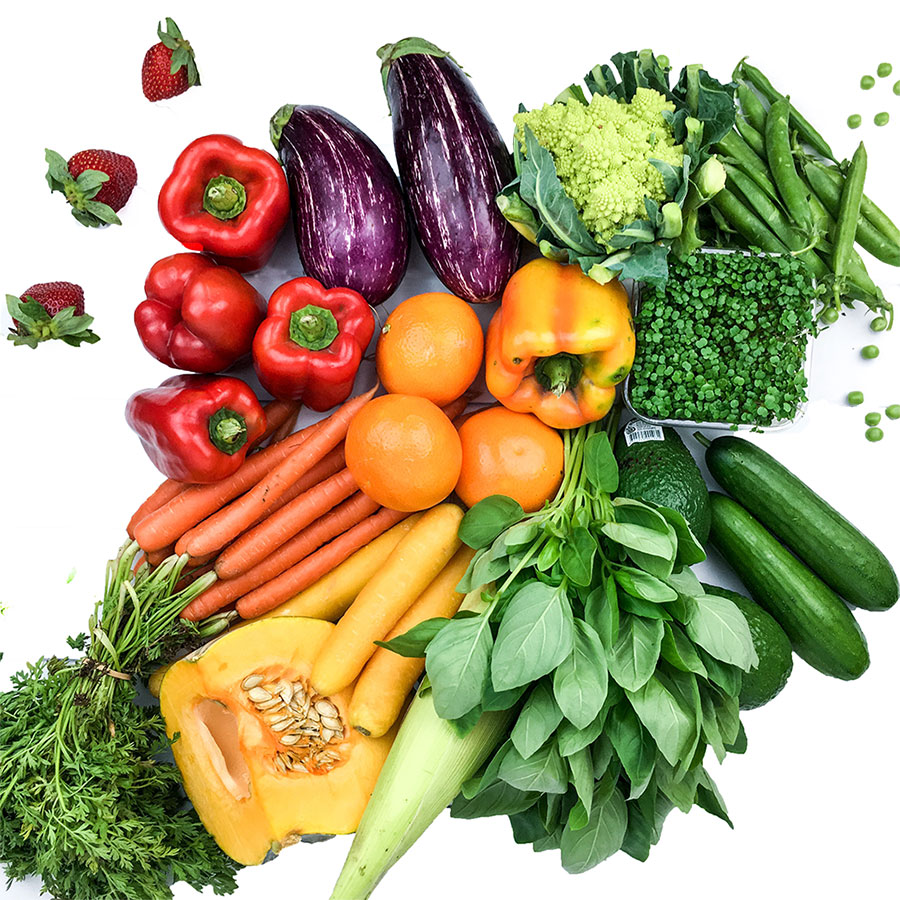
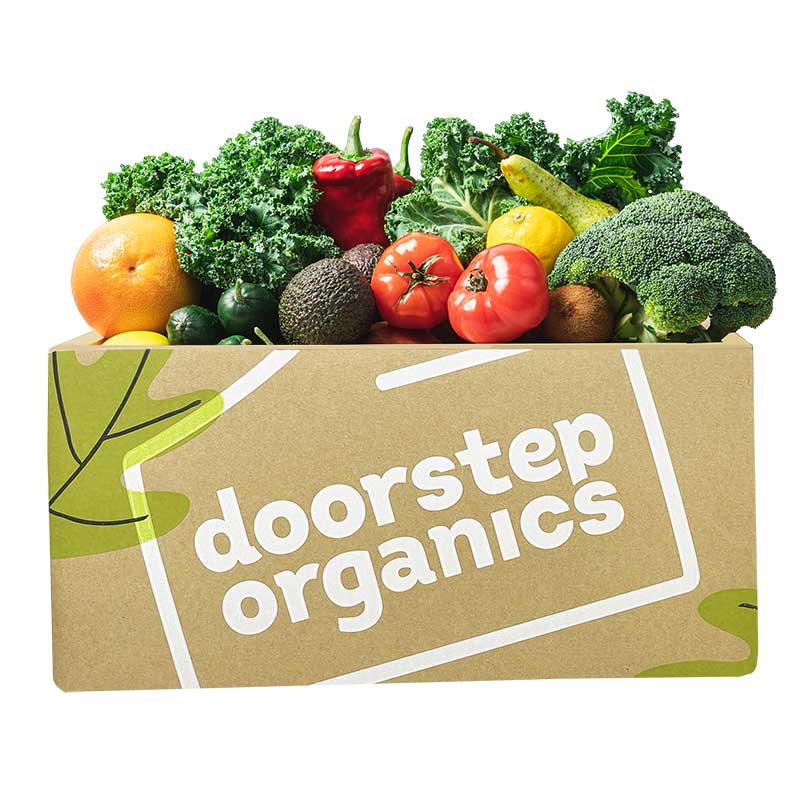


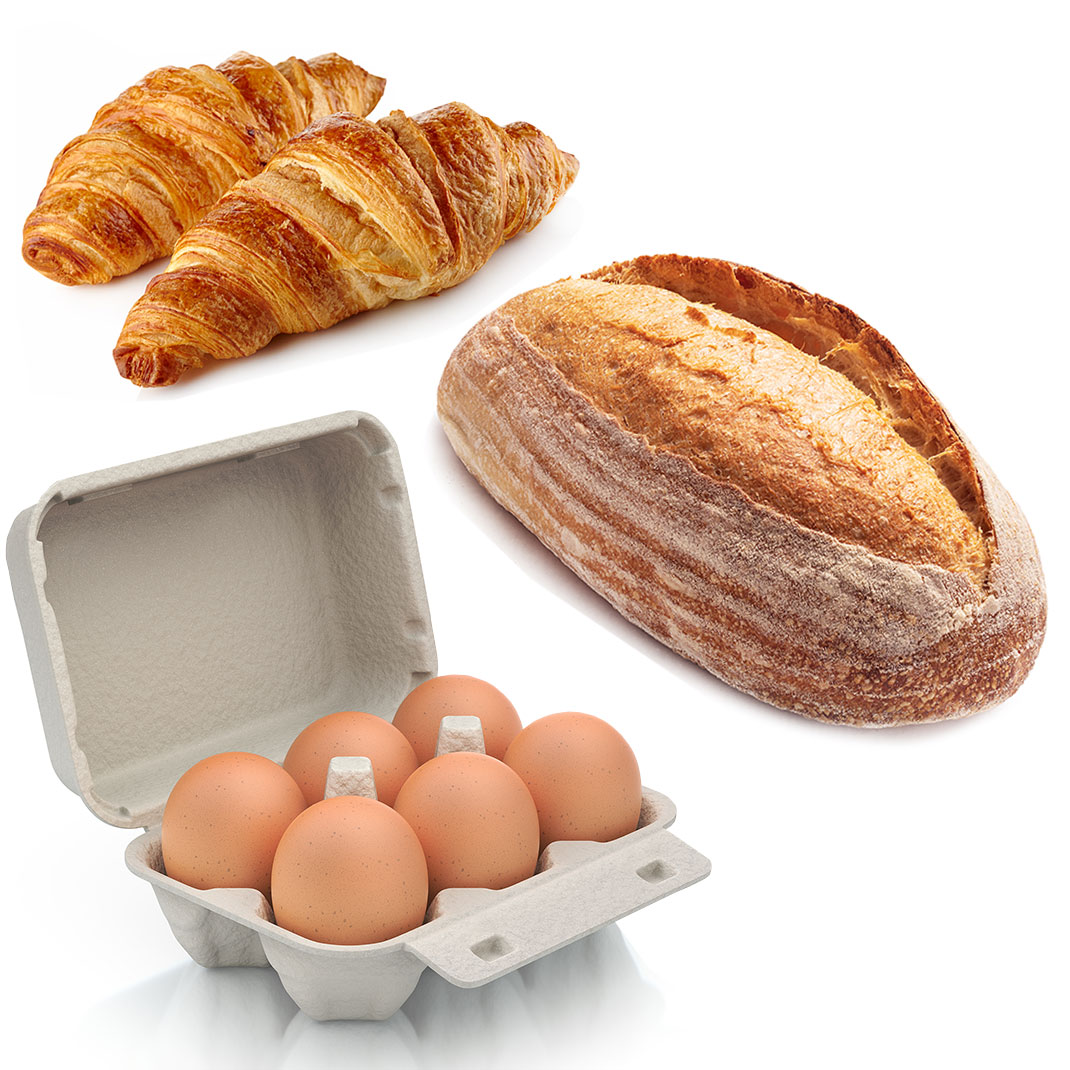
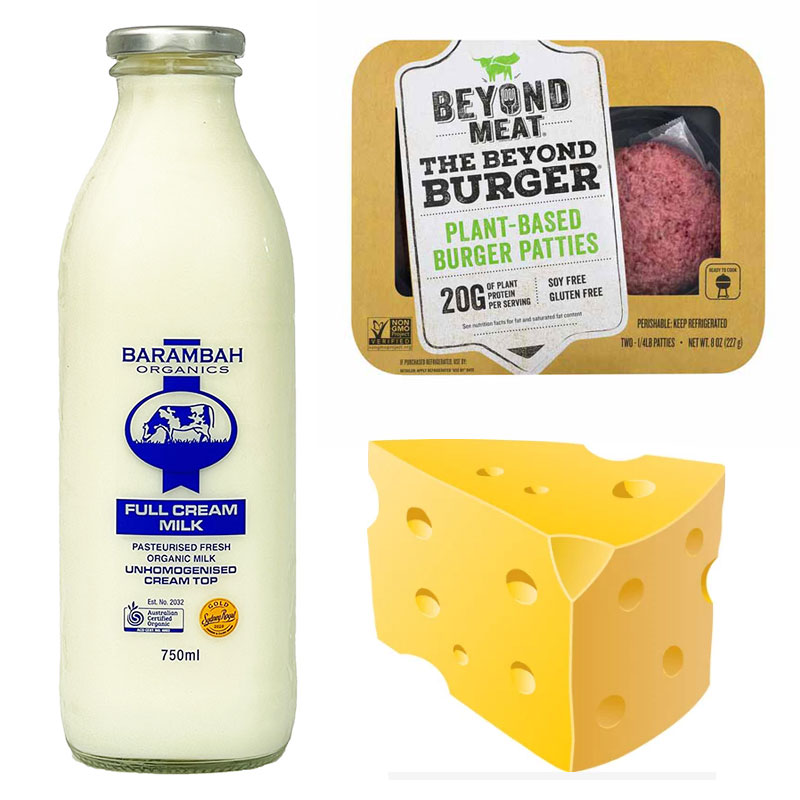
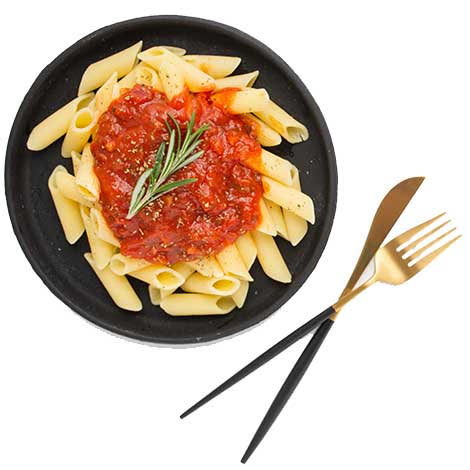
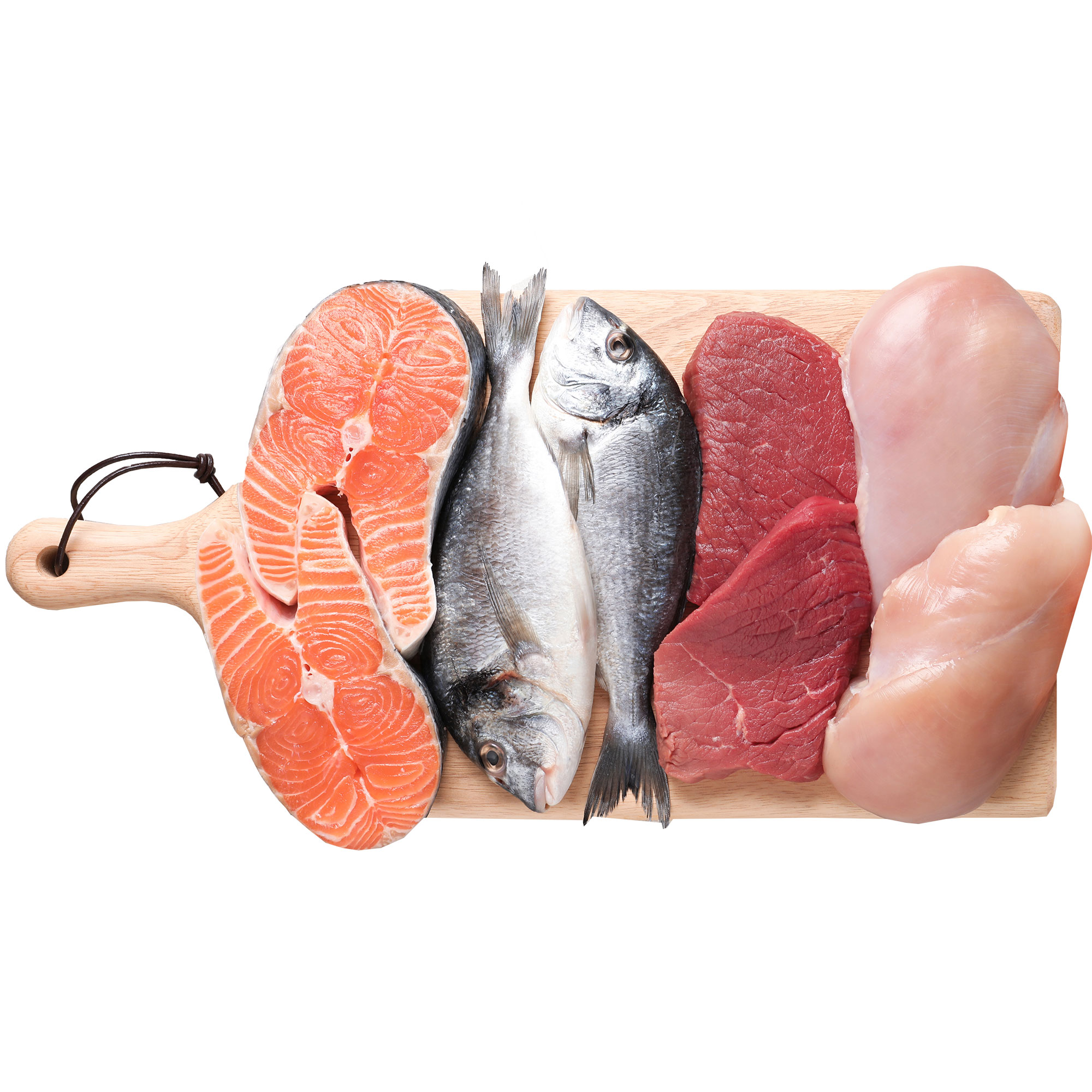

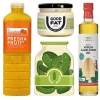
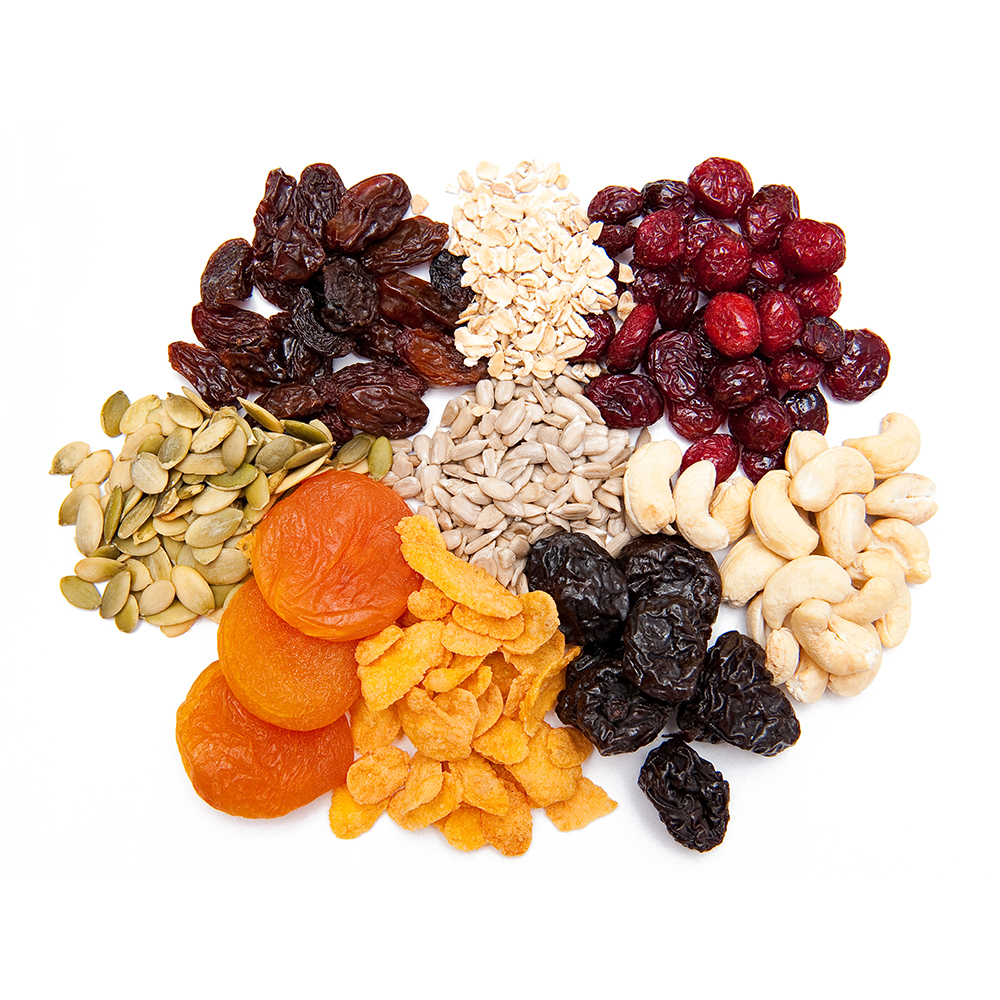
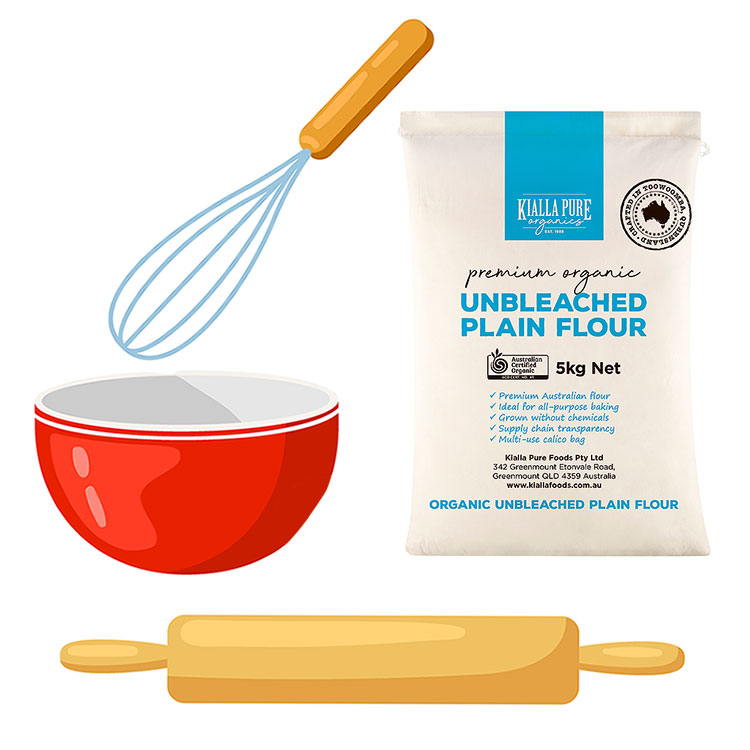
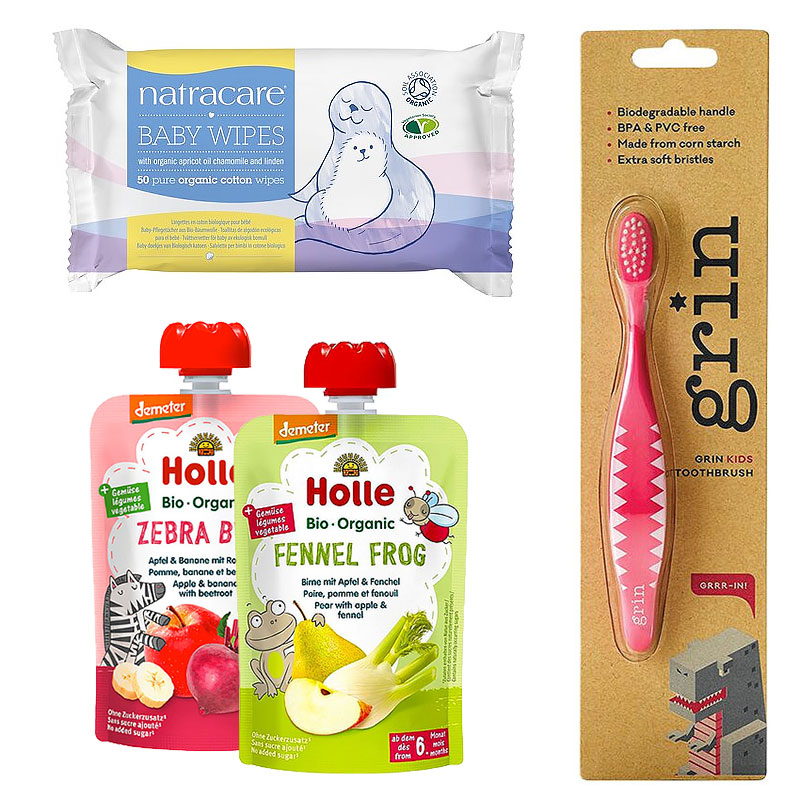
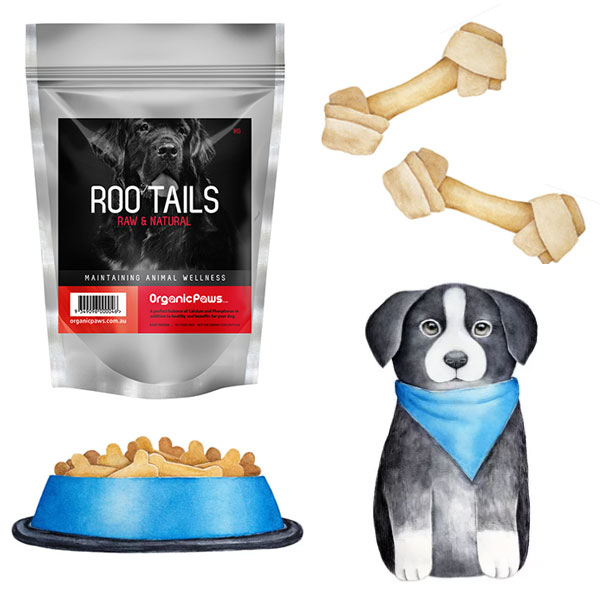
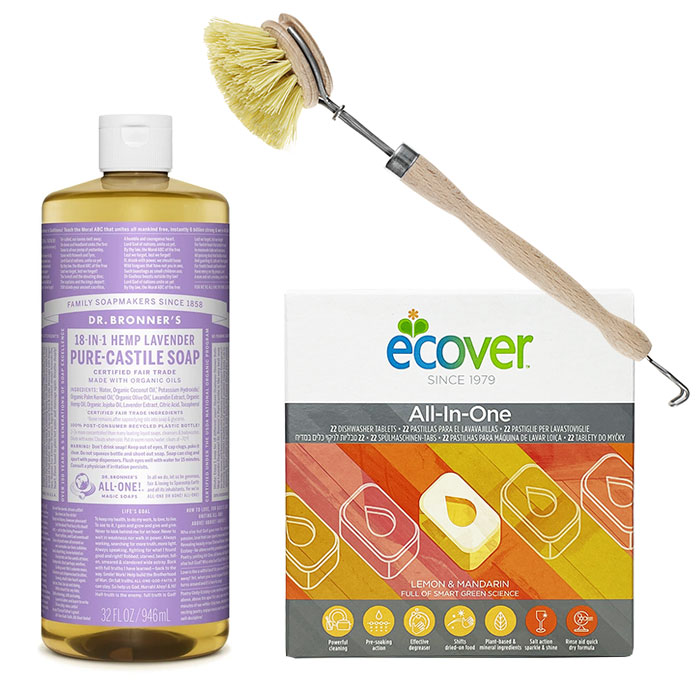
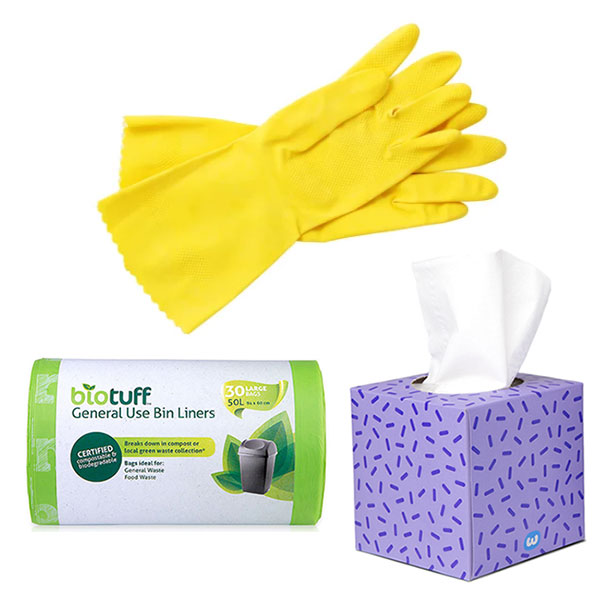
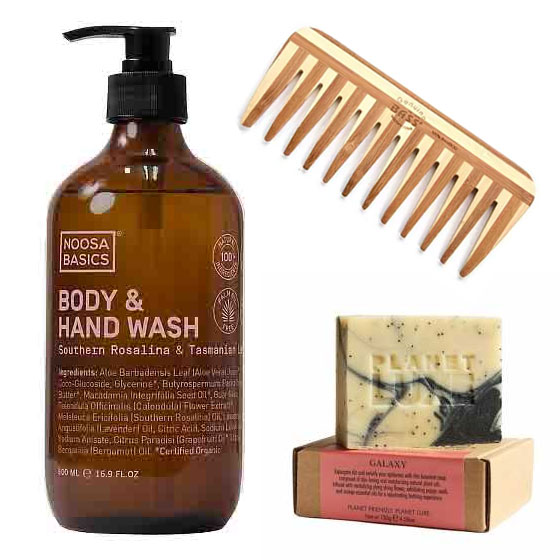





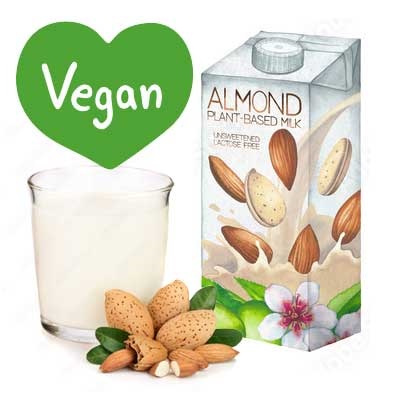












 shop
shop  sign in
sign in  my box
my box  more
more 
















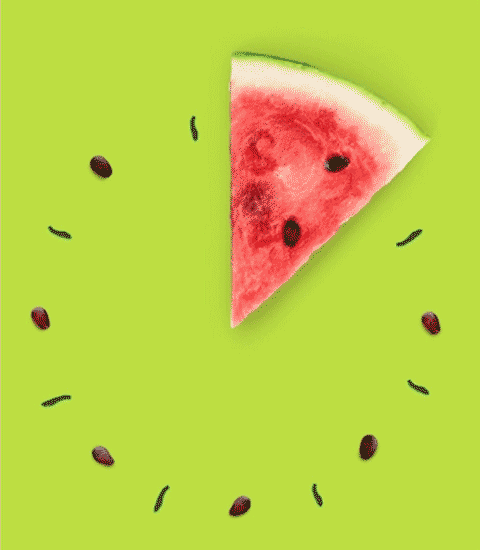


0 comments
Login